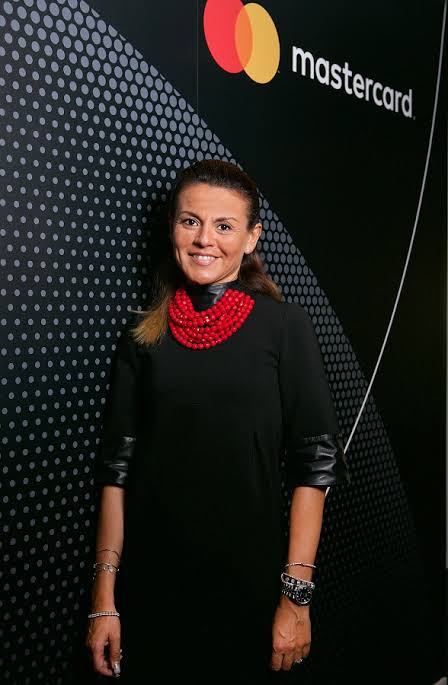Uganda and Ghana Place First And Second Globally In Countries With Most Women Entrepreneurs
Looking for where you can find more women entrepreneurs in the world, look no farther than Uganda and Ghana. According to Mastercard Index of Women Entrepreneurs (MIWE)’s latest findings, Uganda is the first in the global ranking of countries with most women entrepreneurs, closely followed by Ghana.
“Their ability to thrive in these aspects explain their particularly high standing in society as business owners, despite poor underlying entrepreneurial supporting factors,” the report says.
Here Is All You Need To Know
- The results revealed that some of the highest women business ownership (WBO) rates are found in less wealthy and less advanced economies. For instance, out of the top 10 markets in terms of WBO, 3 are from low income, factor‐driven economies (Uganda, Ghana and Malawi), 3 from upper middle income, Factor or Factor/Efficiency driven markets (Russia, Botswana, Angola), and 4 from High Income, innovation‐driven economies (United States, New Zealand, Australia and Portugal).
- The report however notes that in the lower‐income and less developed economies where social, economic, financial and educational conditions are less favorable and accessible to women, the need/pressure to survive or increase income sources by pursuing business opportunities tend to be higher compared to wealthier and more advanced societies where job opportunities, access to education and business/financial infrastructure is more widespread and prevalent.
- Consequently women in these wealthier markets tend to have access to more support in the form of government programs for SMEs, high financial inclusion, and more social acceptance, support and recognition of women pursuing entrepreneurial activities. These markets include United States, New Zealand, Canada, Ireland, Switzerland, Australia and Portugal tend to be ranked high in the Mastercard Index of Women Entrepreneurs (MIWE).
- Mastercard Index of Women Entrepreneurs (MIWE)’s annual report which provides insights into the progress and achievements of women in business found that nearly 4 out of every 10 business owners in Ghana are women which is the second-highest in the world after Uganda.
- Sub-Saharan countries that made it to the Top 10 globally in terms of Women’s Business Ownership rates include Uganda (rank 1), Botswana (rank 3), Malawi (rank 7) and Angola (rank 9).
- According to the report which assessed 58 countries globally, despite many challenges, female entrepreneurs are opening successful businesses faster than ever before.
- The challenges of women business owners in sub-Saharan Africa include disparity in access to the internet and technology, barriers to accessing funding, restrictive cultural and social norms among others.
- Despite being undermined by the prevalence of such persistent and widespread disparities and inequalities, women’s determination to start their own business in these Sub-saharan markets is nearly at the same level as men.
“More importantly, it brings to light how much more women can contribute economically and socially if such barriers are removed, or systems improved,” the report said.

Read also:100 African SME’s to Benefit From Business Bootcamp in Lomé, Togo
Push factors
- While general business ownership rates, the index noted, tend to be driven by perceived good opportunities whereby individuals seek to improve their income or financial independence, the findings of the index showed that there are cases where businesses are not always initiated on opportunistic grounds.
- In sub-Saharan markets including Ghana, women tend to start businesses out of necessity, especially in Ghana, Botswana, Russia, Malawi, Angola and Brazil where around 4 in 10 entrepreneurs are driven into business out of necessity.
- According to the report, Ghanaian women continue to flourish in women’s advancement outcomes, including high labor force participation (89.0, Rank 4), women business leadership (37.2% of total, rank 11) and surpassing their male counterparts in engaging in entrepreneurial activities.
- Compared to their regional peers in Malawi, Uganda, and Angola, women in Ghana tend to be more inclined to have a bank account, likely due to their higher level of engagement in business activities. For instance, nearly 40 percent of women in Ghana have an account at a bank or financial institution compared to only around 20% in Angola, Malawi, and Nigeria
Charles Rapulu Udoh

Charles Rapulu Udoh is a Lagos-based Lawyer with special focus on Business Law, Intellectual Property Rights, Entertainment and Technology Law. He is also an award-winning writer. Working for notable organizations so far has exposed him to some of industry best practices in business, finance strategies, law, dispute resolution, and data analytics both in Nigeria and across the world




